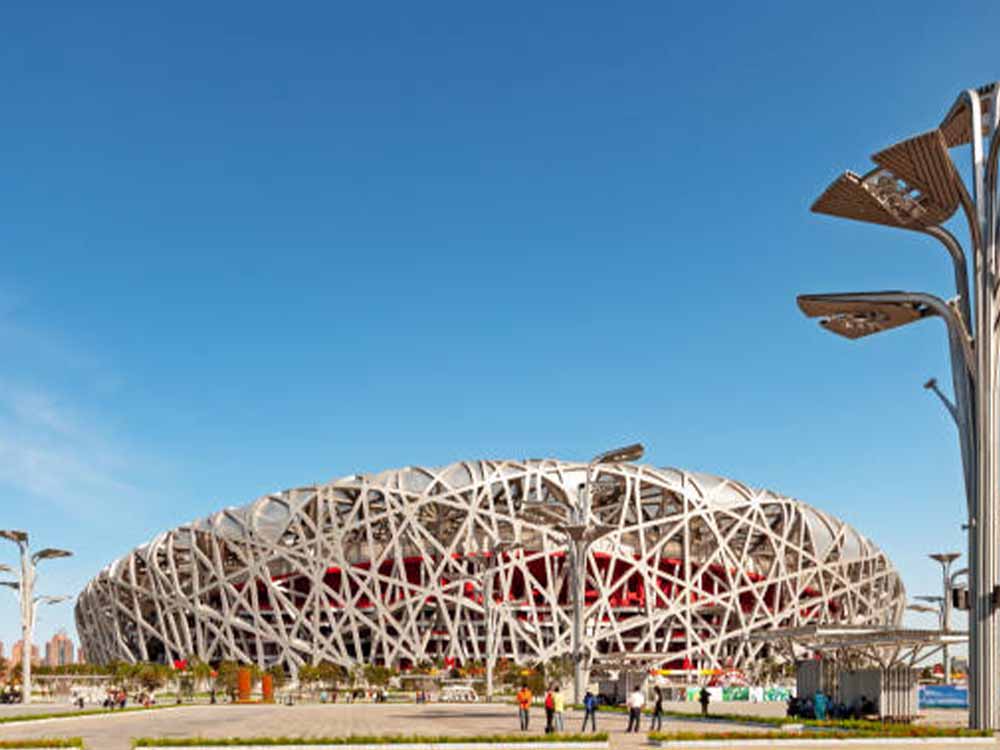Beijing 2008 – Reflecting on the Legacy in 2009
The year 2008 marked a historic moment as Beijing hosted the Summer Olympics, an event that not only captivated the world during its occurrence but continued to resonate in 2009. This retrospective explores the enduring legacy of the Beijing 2008 Olympic Games, examining its impact on the city, the athletes, and the global perception of China.
Legacy Beyond the Games – Beijing 2008’s Enduring Impact
The legacy of Beijing 2008 transcended the excitement of the Olympic Games themselves. In 2009, the city underwent significant transformations, with the infrastructure built for the Olympics contributing to Beijing’s modernization. Iconic structures like the Bird’s Nest and the Water Cube became symbols of China’s emergence as a global powerhouse, standing as testaments to the nation’s ability to host grand international events.
Athletes’ Triumphs and Stories
Beijing 2008 showcased the pinnacle of athletic achievement, with memorable performances etched into the annals of Olympic history. The Games witnessed the extraordinary feats of athletes like Michael Phelps, who made a splash with his record-breaking swim victories, and Usain Bolt, whose lightning-fast sprints captivated the world. In 2009, these athletes and their stories continued to inspire a new generation, shaping the narrative of dedication, perseverance, and the pursuit of excellence.
Cultural Impact and Global Perception
Beyond the sporting arena, Beijing 2008 had a profound impact on global perceptions of China. The Opening Ceremony, a dazzling spectacle of artistry and precision, showcased China’s rich cultural heritage and technological prowess. The global audience witnessed a China that was not only an economic powerhouse but also a custodian of its cultural legacy. In 2009, discussions surrounding the cultural impact of the Games persisted, influencing how the world viewed China’s role on the international stage.
Looking Forward – Beijing’s Ongoing Transformation
In 2009, Beijing continued to build on the momentum generated by the 2008 Olympics. The city leveraged its newfound global visibility to attract tourism, business, and cultural exchange. Ongoing urban development projects, influenced by the infrastructure investments made for the Games, aimed to enhance the quality of life for residents and visitors alike. The legacy of Beijing 2008 served as a catalyst for continued progress, shaping the city’s identity and trajectory well into the future.
In summary, Beijing 2008 left an indelible mark not only on the history of the Olympic Games but on the city of Beijing itself. The legacy of the Games in 2009 extended beyond the physical infrastructure, encompassing cultural, athletic, and global dimensions. As the world reflected on the triumphs and transformations of Beijing 2008, the city looked forward to a future shaped by the enduring impact of hosting the Summer Olympics.











